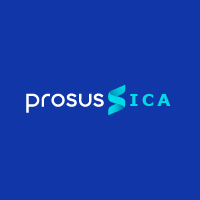
Prosus SICA
View Brand PublisherHow assistive technologies can become a gateway to learning
In a population blessed with the promise of youth and aspiration, many young people will continue to be denied. These include 300,000 visually impaired children and around 35 million other who have some form of developmental disorder.
Whatever the disability – blindness or a developmental disorder that is often less obvious - most of these children are left behind in learning. They are denied the opportunities available to able-bodied children. Their less visible, special needs are unmet due to collective societal ignorance.
A number of organizations and individuals are trying to help rectify this situation. One is Prosus, which has launched the Prosus Social Impact Challenge for Accessibility (SICA), in collaboration with Invest India, Startup India, and Social Alpha. It is a bold contest to find the best start-up for assistive technologies for people with disabilities. Launched in August, the winners of the challenge will be announced in late November. They will receive a total of Rs 1,65,00,000 over three years to bring their ideas to fruition, with mentoring, product development and marketing support.
This is the kind of corporate engagement that will not only make impactful change; it will also build awareness about the differently-abled, says Dr Vibha Krishnamurthy, a pediatrician with nearly two decades’ experience of providing medical, educational, and therapeutic support system for children with developmental disabilities. Krishnamurthy’s organisation, which she founded in Mumbai in 2001, is called Ummeed, which means ‘Hope’. Krishnamurthy’s hope is to change the way Indians, professionals, and families understand and care for developmentally disabled children.
“Some developmental disabilities can only be understood through behaviour, which makes it difficult to identify them. People feel comfortable talking about wheelchairs but not about something like a visual timetable for persons with autism; for instance one with pictures which show the steps to order something online or board an aircraft. Providing technologies for someone struggling with speech or language issues is nascent because of attitudinal barriers to certain kinds of assistive technologies. This is what we need to work on,” says Dr Krishnamurthy.
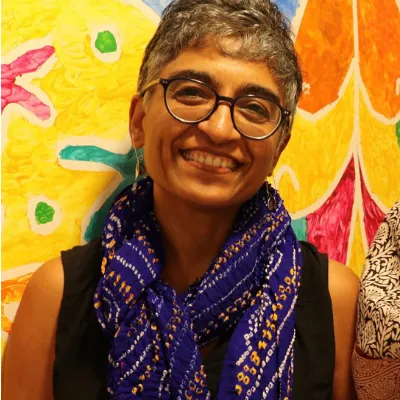
The digital divide exposed by the pandemic has exacerbated this chasm in our understanding. For instance, children with hearing impairment struggle to follow their teacher on a Zoom call due to the video’s lag in speech. The technology may be available but if it has to catch on, the public must first understand diversity in learning patterns, Dr Krishnamurthy adds.
P. V. Madhusudhan Rao, head of design and professor of mechanical engineering and design at IIT Delhi agrees. “There is a need to bridge the gap between science or knowledge and innovation or application.” This is the approach that guides his efforts as co-founder of Assistech Lab, which develops learning aids for the visually-challenged as well as other assistive technologies. One that stands out is an affordable, refreshable braille device that can be connected to a laptop or tablet, allowing visually impaired students to learn actively - through both listening and touch.
His team used similar transitional research-the study of converting an idea into application- to devise more than 70,000 tactile diagrams through a not-for-profit enterprise called Raised Lines Foundation, allowing visually-impaired students to study maths, science, economics, and geography with graphic supplements.
As a seasoned academic-entrepreneur, Rao is a good fit as a jury member of Prosus (SICA), where he will judge exhibits whose progress will re-enforce the necessity of multiple layers of support from philanthropy and government, as well as business mentoring.
Krishnamurthy and Rao both agree that imported basic products are not only unaffordable; they are not a good fit for Indian nuances and sensibilities. Krishnamurthy’s advice to Prosus SICA participants is the same as her plea to fellow professionals: “We are not the experts on their lives; they are. Ask the user.”
As chairman, part-time director, and scientific advisor to more than a dozen startups, Rao’s advice remains consistent. “Technology is a very small component in assistive tech; it has a strong social dimension. How well do you understand the disability and what is the value you are adding? These answers require constant interaction with the users and stakeholders. Let research inform your product and the feedback guide your research,” he says.
Sehraj Singh, Director, Public Policy and Corporate Affairs, Prosus says, “Our decision to support the development of assistive tech in India goes beyond altruism. We believe that building an economic case for investments in assistive technologies will help create better products for people with disabilities. Indian entrepreneurs are amongst the best in the world, and we want to help them lead the way.”
Manoj Kumar, chairman and founder, Social Alpha opines: “Subsidy is considered a bad word, but sometimes you need it to create a market for something that can make a social or environmental impact. Central and state governments have subsidies for so many products, such as solar panels. I think assistive technologies also need more support to raise their adoption levels.”
Through their own work and initiatives such as Prosus SICA, influencers such as Rao and Krishnamurthy seek to empower persons with disabilities. They want them to become not only independent; but also contributing members to society.
To find out more about Prosus SICA, participants can log onto the Startup India Hub.






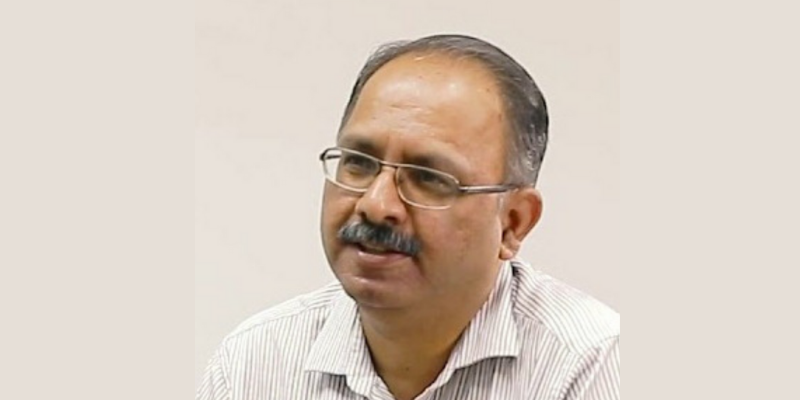

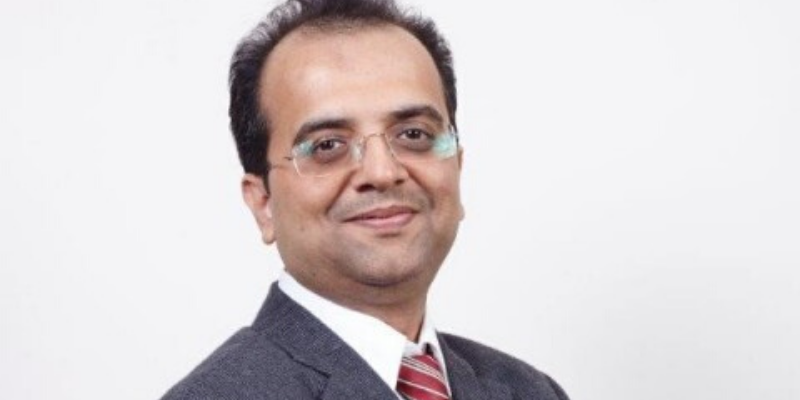
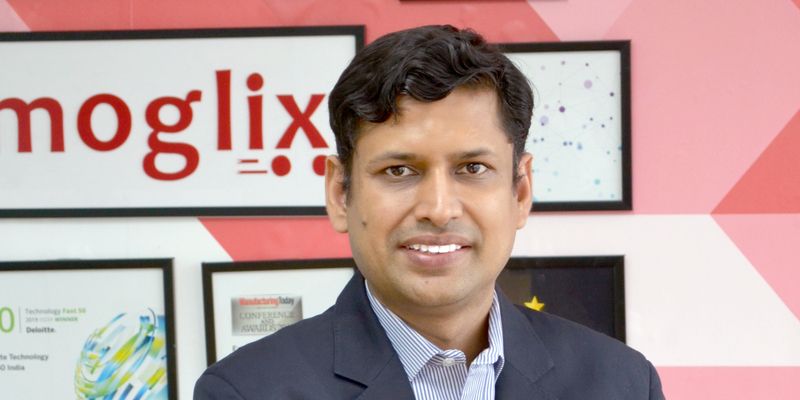
![[Funding alert] BAce Capital leads $7.5M Series B round in Lido Learning](https://images.yourstory.com/cs/2/730b50702d6c11e9aa979329348d4c3e/Image31sk-1585233224215.jpg)

![[Startup Bharat] Y Combinator-backed BeWell Digital is enabling the digital transformation of radiologists](https://images.yourstory.com/cs/2/40d66ae0f37111eb854989d40ab39087/ImagesFrames31-1648033042143.png)